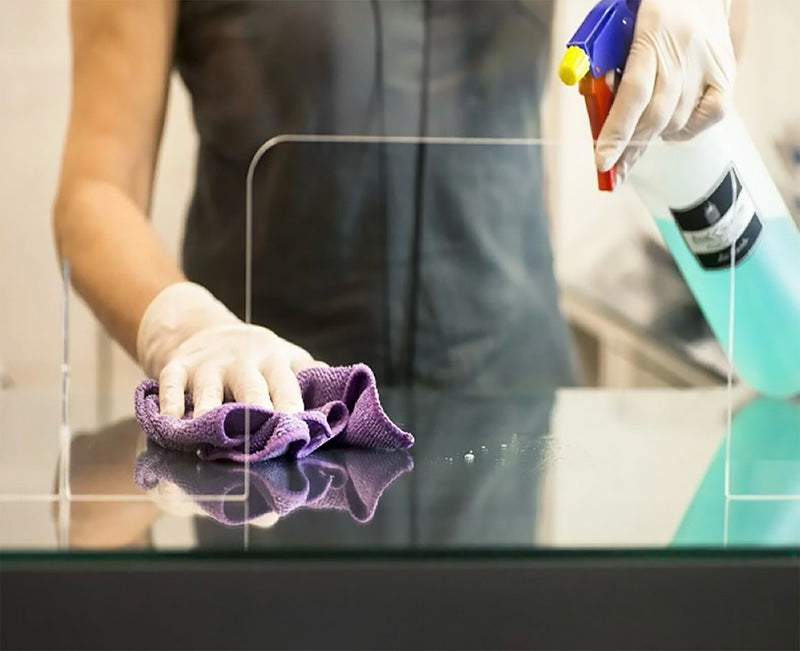
Mechanical & Chemical
Chemical
Every powder coating system, polyester, epoxy, acrylic, etc, will have its own intrinsic resistance to chemical attack. A coating's resistance to chemicals can be tested in a number of ways, most usually by prolonged exposure, either a spot test or by partial submersion in the liquid chemical.
Softening
The film has poor resistance to a chemical, such as a solvent, an acid or alkali, a detergent or a chemical in gaseous form. The poor resistance may be apparent as a change in gloss or colour; may be a softening or degradation of the coating; or may be blistering and delamination from the substrate.
-
Potential Cause
Under-curing of the coating. The chemical resistance of a coating is one of the last attributes to develop in the cure cycle. Often near-full cured films will show adequate or good adhesion, so that the coating appears to be fully cured, whereas the chemical resistance has not been fully developed.